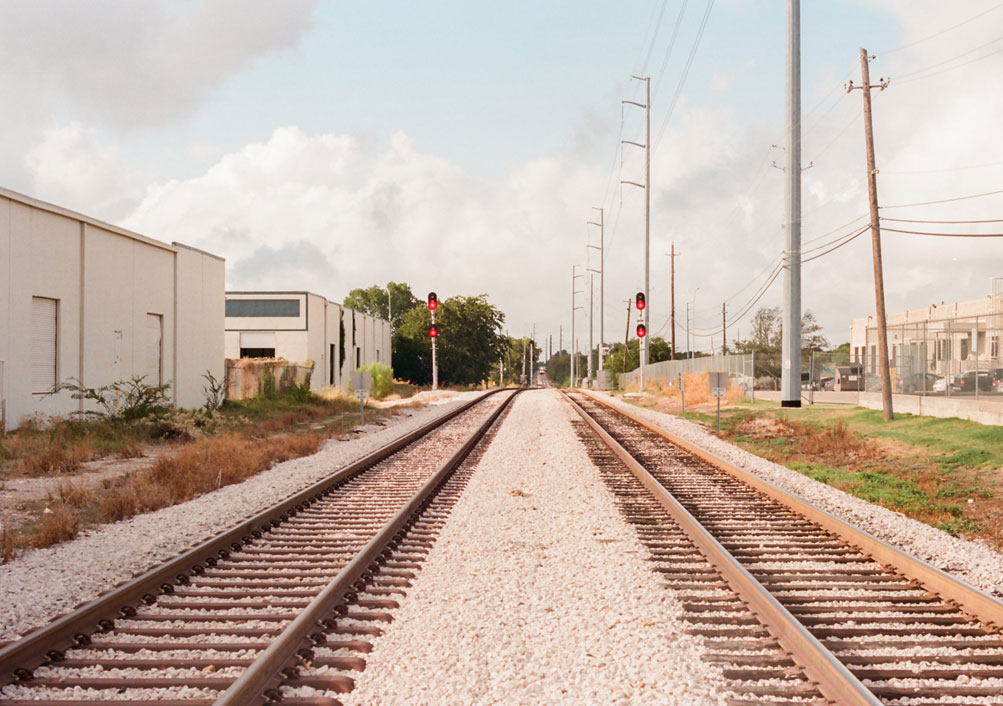Citing ecosystem, Supreme Court panel red-flags Goa rail project; for tweaks in power, road plans

By LE Desk
New Delhi, April 27: Raising serious environmental concerns, the Supreme Court’s Central Empowerment Committee (CEC) has red-flagged a key rail expansion push in Goa and recommended crucial changes to two other proposed projects — a highway and a power transmission line — in the state.
These projects had been cleared by the Centre last year despite concerns being raised at various levels since they would cut through the Bhagwan Mahaveer Wildlife Sanctuary (BMWS) and the Mollem National Park (MNP) in South Goa, The Indian Express reported.
In its report dated April 23, the CEC said that it does not find any justification in doubling the railway track from Castle Rock in Karnataka to Kulem in Goa as it “will destroy the fragile eco-system of the Western Ghats which is an internationally recognised Biodiversity hotspot and also one of the most important wildlife corridor of the country”.
Based on an application filed by Goa Foundation, the CEC also recommended that the alignment of the Goa-Tanmar Transmission Project for laying of electric lines for additional 400 KV feed to Goa be redrawn and modified along the existing 220 KV line. This will “help in saving the precious forest cover and wildlife in the ecologically fragile and biodiversity rich On the four-laning of NH 4A from Anmod near the Karnataka border to Mollem, the CEC recommended that the height of the road be increased to minimise animal road kills and man-animal conflict, and suggested modifications.
On July 3, 2020, The Indian Express had reported on how the three projects were cleared by the Standing Committee of the National Board for Wildlife (SC-NBWL), which said that the Goa State WildLife Board (GSWLB) had “recommended the proposals in its meetings”.
However, six members of the state board, all noted environmentalists, had told the newspaper that no recommendations were made, and that the mitigation measures suggested were “unscientific”.
In its 110-page report, the CEC asked the Supreme Court to consider revoking the permission granted by the SC-NBWL for the double-tracking project. It said the “project will only be marginally enhancing the capacity of the most inefficient section of the Railway Network passing through ecologically sensitive and bio-diversity rich Tiger Reserve, Two Wildlife Sanctuaries and a National Park”.
The CEC observed that “the estimate of projected increase in traffic from Karnataka to Goa furnished by the Railways is not based on facts and is without any sound reasoning and as statistics show mostly includes empty rakes returning to Goa and that despite the change in policy on import of coal the same has not been reflected in the projected traffic from Goa to Karnataka”.
Data from the South Western Railway, the CEC noted, show that coal from Goa and Krishnapatnam Ports (Andhra Pradesh) forms about 92 per cent and 62 per cent, respectively, of the goods traffic movement to the hinterland in Karnataka.
It also stated that during its site visit to Mormugao Port Trust, and as confirmed by the Railways in their response to the CEC, “recently revised policy of Government of India does not support import of coal and the new policy encourages use of indigenously mined coal”.
“The increased number of trains and wider openings through the ecologically sensitive Western Ghats for laying the track will further fragment the habitat and will make the movement of wildlife including arboreal animals across the railway line much more difficult and dangerous and is bound to result in high casualties amongst the wildlife,” the CEC said.
On four-laning the highway, the CEC said, “Considering the future increase in traffic, something unavoidable, and keeping in view the interest of the Wildlife Sanctuary and the National Park it is imperative to ensure improvement of the existing road by shifting it to an elevated structure at strategic locations leaving the surface terrain free for movement of all types of wildlife.”
The CEC observed that the width of the span of the under passes / over passes provided for the movement of animals by Goa PWD are inadequate in width for free movement of wild animals. It recommended increasing the length of the span of the proposed four-lane elevated road from 12 m to up to 100 m.
Sign up for our weekly newsletter to stay up to date on our product, events featured blog, special offer and all of the exciting things that take place here at Legitquest.




Add a Comment